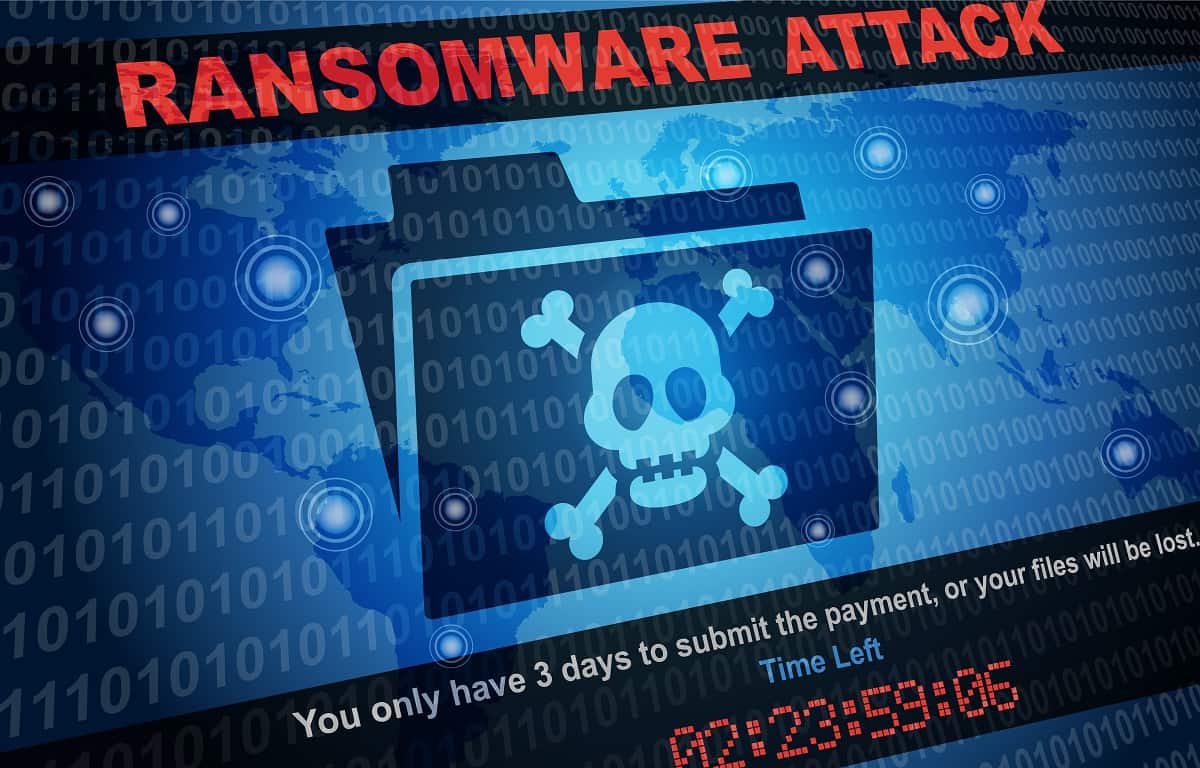The United Arab Emirates (UAE) and Saudi Arabia have emerged as strong economic powerhouses in the Middle East in the last few years. Increasing digitization has been integral to their growth. During the Covid-19 pandemic, people’s dependence on digital transactions increased manifold as lockdowns and rising infections restricted them to their homes. With increasing digitalization, however, cyberattacks have also increased phenomenally.
The UAE has experienced around 15.8 million brute force attacks, where trial-and-error is used to guess login information on Remote Desktop Protocols (RDP), in 2020. In Saudi Arabia, these numbers stood at 22.5 million during the same period.
According to a report by global cybersecurity firm Kaspersky, the total number of such attacks in the UAE increased by 193 percent- from 467,115 in February to 1.3 million in March last year – when the government announced lockdown.
Kaspersky experts noted that these attacks were seeing an upward trajectory in Saudi Arabia with attacks reaching 7 million in the first two months of 2021.
The most common attacks were against the protocols used by employees to access corporate resources remotely as part of work from home culture.
High-value targets
Another report entitled “The UAE Threat Landscape 2021,” which was released in May 2021 by Digital14, a UAE-based advisor on digital transformation and cyber resilience, said local organizations were high-value targets for cybercriminals.
The companies have to analyze critical threats and protect themselves and their clients from falling prey and lose their data to these malicious actors, the report said.
Digital14’s Executive Vice President Cyber Defence Joshua Knight said that proactive action costs a fraction of the bill for responding to and recovering from a successful breach.
The pandemic has acted as a force multiplier for existing cyber threats while giving birth to a whole new set of cyber risks.
“While we have been shifting work practices to new, remote ways of working on personal devices, threat actors have switched tactics to exploit this new reality,” he explained.
Dr. Mohamed Hamad Al Kuwaiti, who is Head of Cybersecurity for the UAE Government, said: “There is a cyber pandemic, not only a biological pandemic.”
His statement is supported by the fact that the UAE has witnessed a 250% increase in cyberattacks, specifically an exponential surge in phishing and ransomware, in 2020.
Digital transformation
The two governments have initiated digitalization measures to protect vital information as millions of devices including laptops, mobiles and tablets are online. These devices generate data and are under threat from hackers.
One of the reasons for these countries going for digital transformation is the decision to develop smart cities and also bring the latest technologies to the doorsteps of their citizens.
They are also looking at many ways to use technology and innovation to construct buildings of the future. However, these decisions are resulting in increased cyberattacks last year.
It is no surprise why the IT servers in the vital installations of oil and gas services in these two countries are targeted as the criminals want to strike at their economic roots.
Saudi Arabia’s Aramco is the most preferred target as once the attack is carried out it would cripple the oil production process due to a gap in communication for several hours.
Because of this, Saudi Aramco and the US firm Raytheon signed a deal in December 2018 to set up a company to provide cyber-security services “in Saudi Arabia and beyond.”
Companies like Smartworld and Tata Communications have set up cyber security centers in the UAE providing solutions to the threats from cyberattacks and more firms are expected to follow the suit in the coming months.








